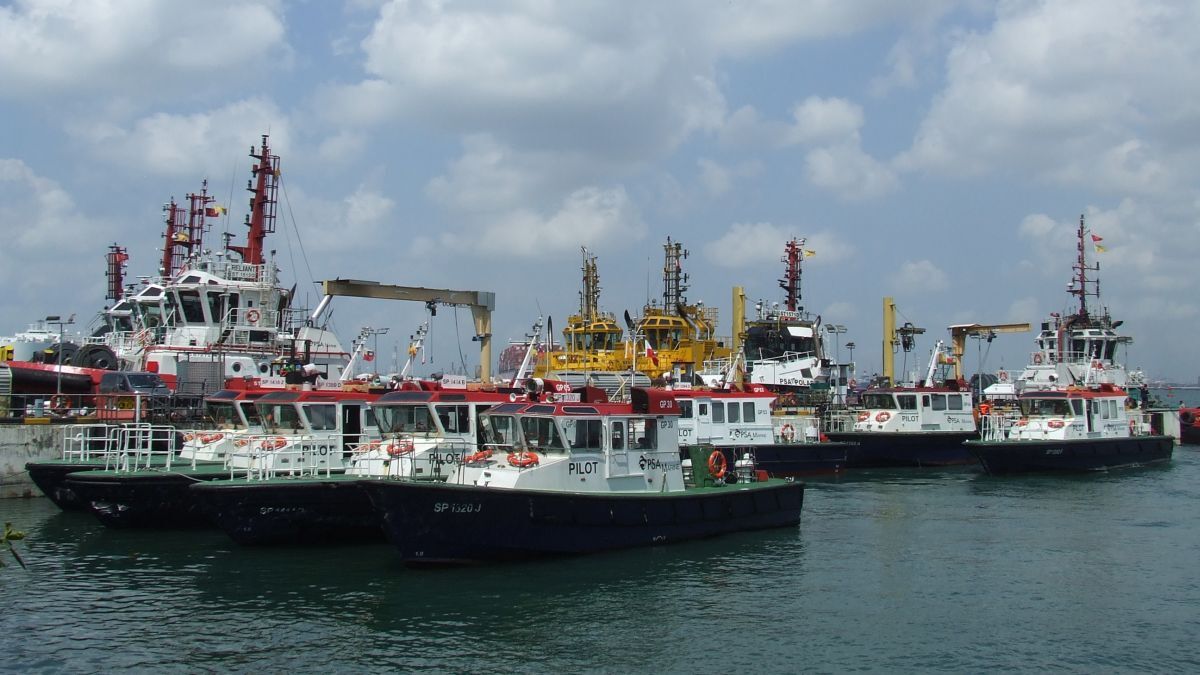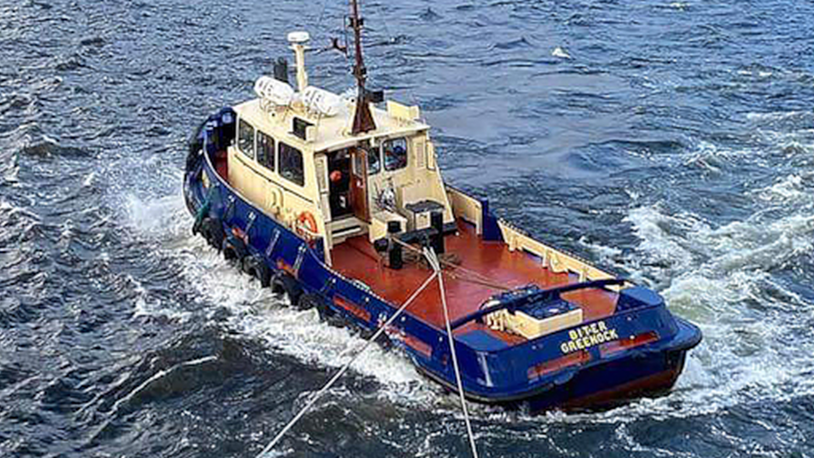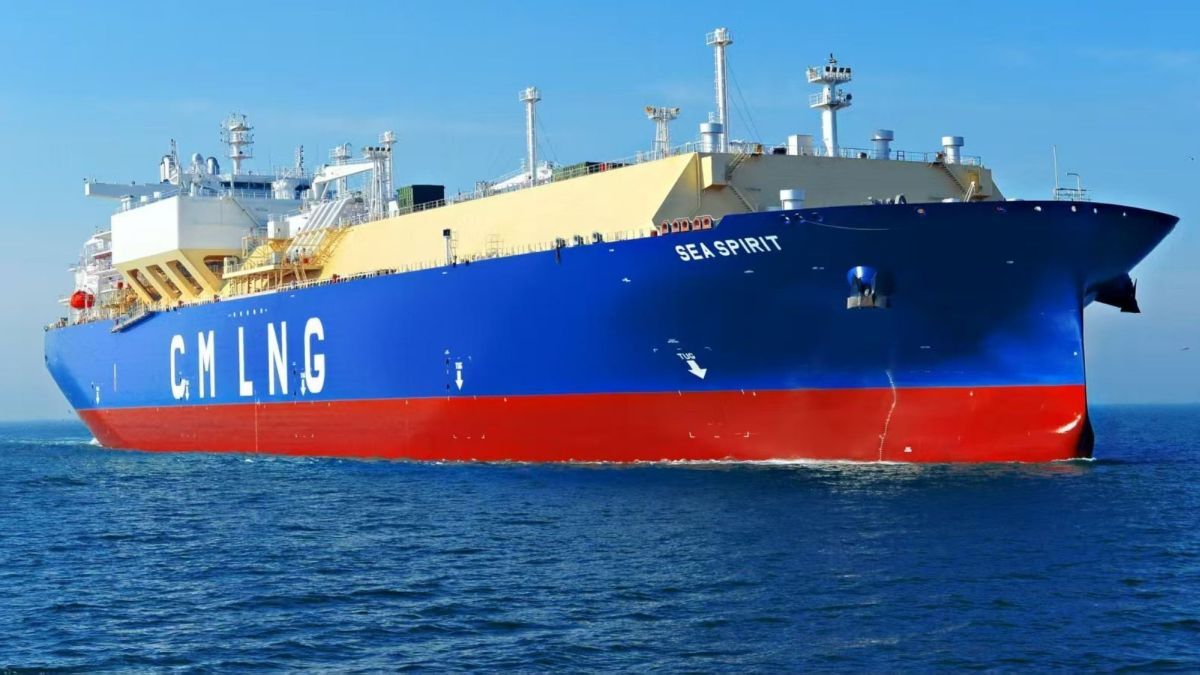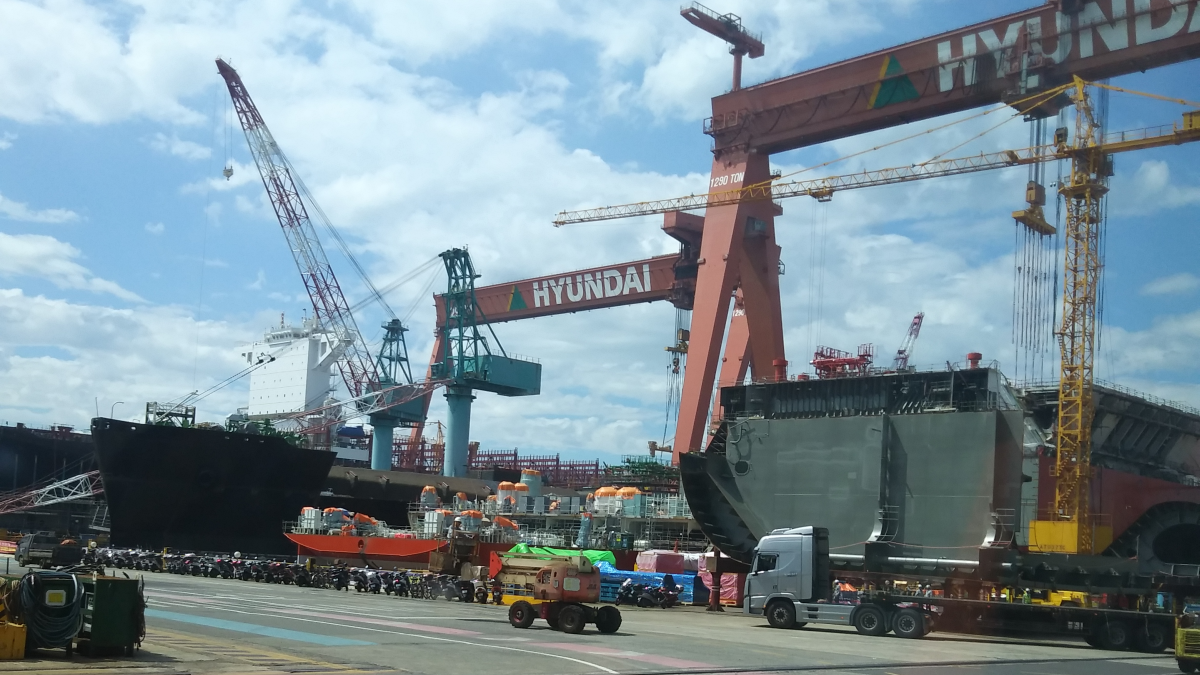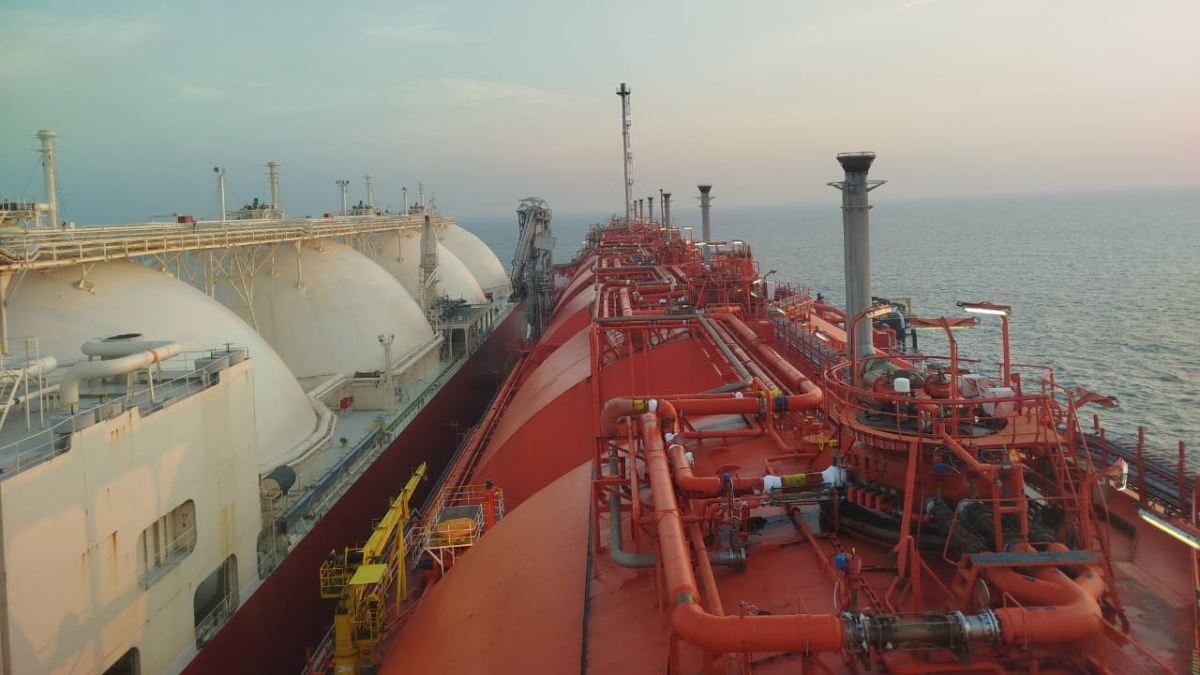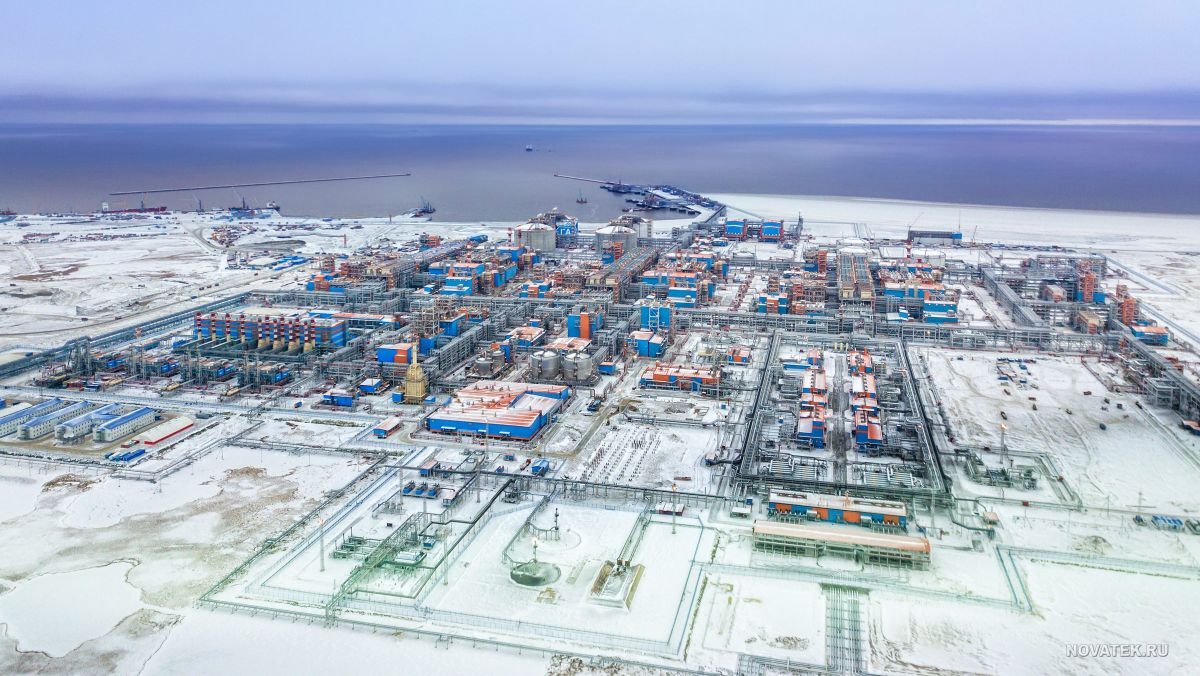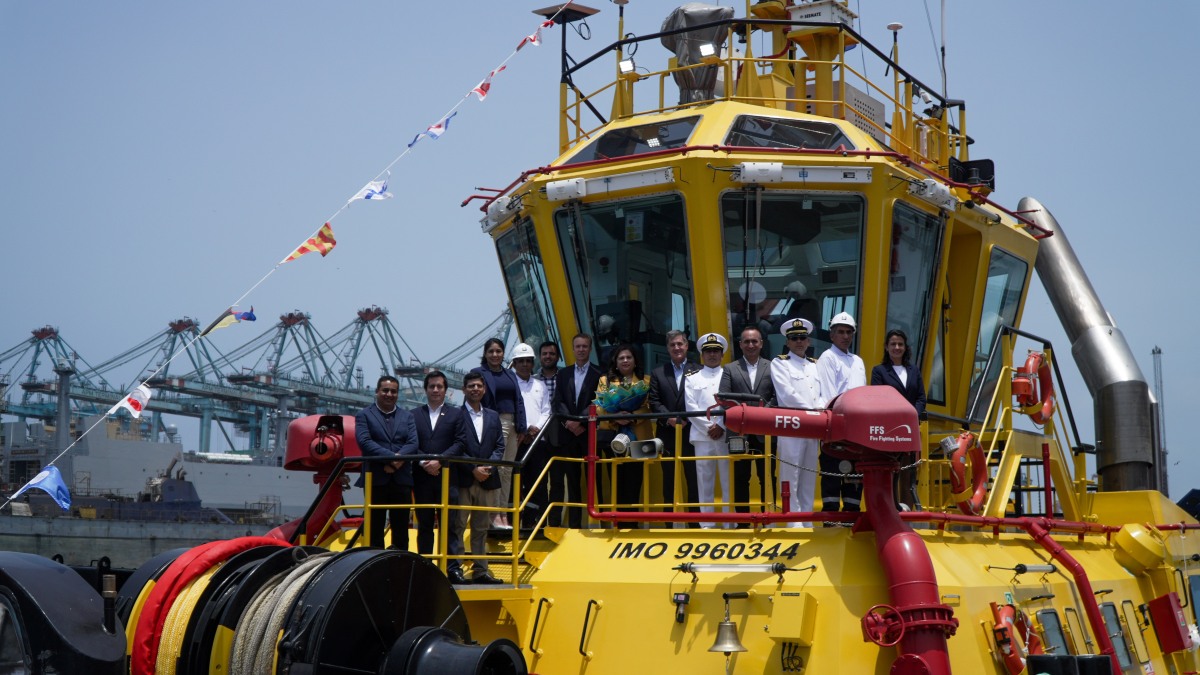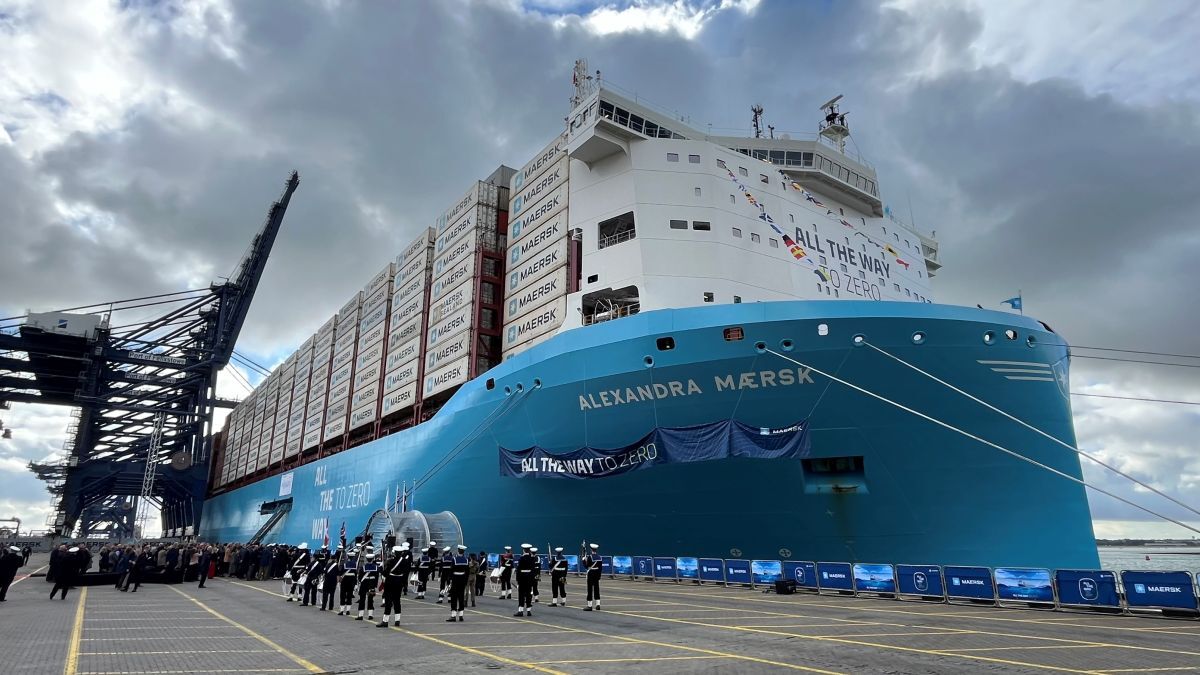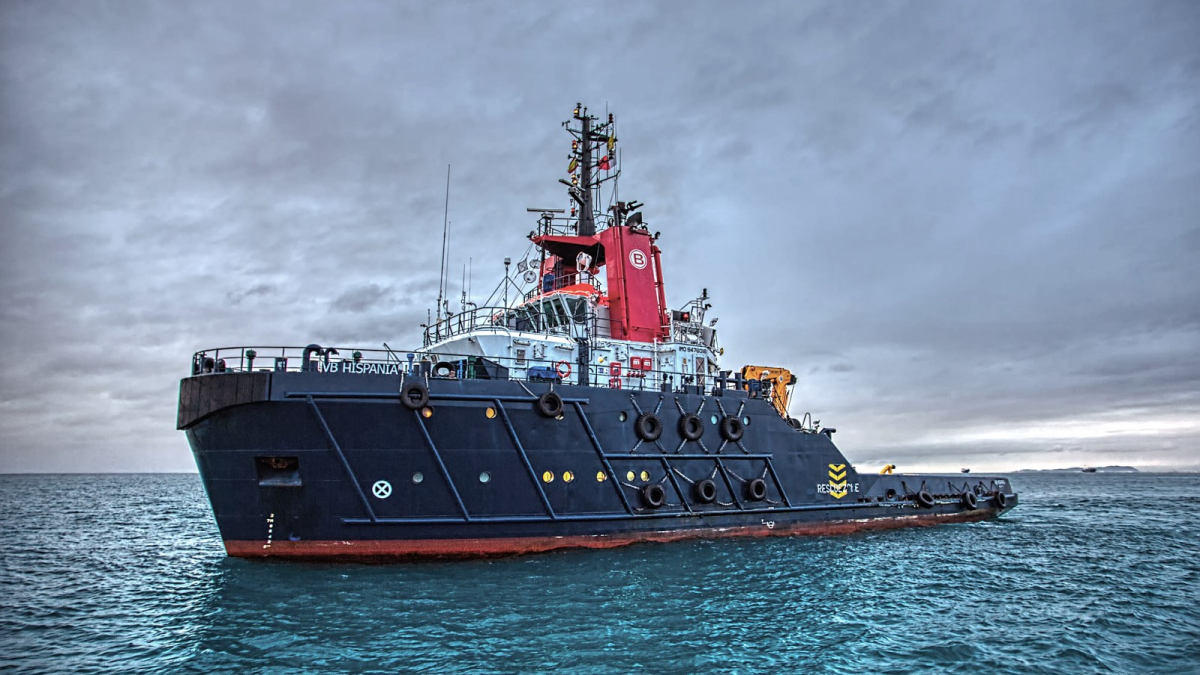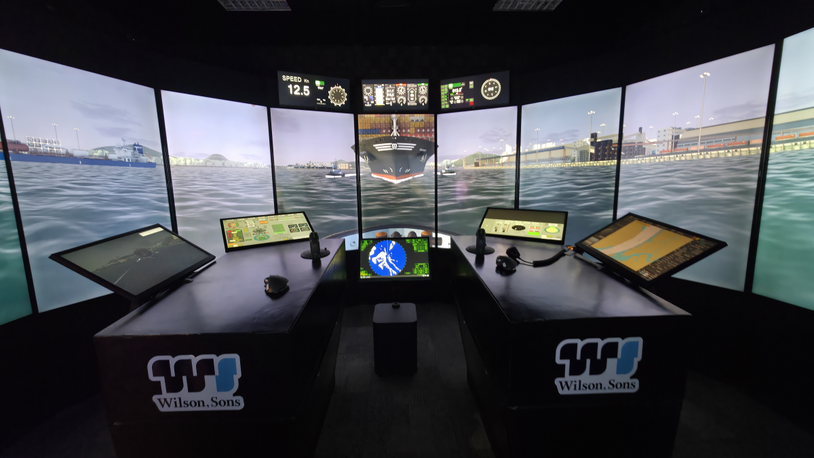Business Sectors
Events
Contents
Register to read more articles.
PSA Marine invests in advanced fleet monitoring
Fleet managers can better visualise the performance and condition of harbour tugs using data streamed from the vessels
PSA Marine has built a fleet monitoring centre in Singapore, known as the Fleet Data-To-Knowledge (D2K) Centre, to monitor its harbour tug fleet and uses simulators to train its marine crew there.
Using digitalisation technologies and wall-length screens, PSA Marine observes harbour tug positioning, operations, fuel consumption and machinery health while managing the scheduling and deployment of its tugs inhouse. It can visualise the location of the fleet around Singapore port waters using Automatic Identification System (AIS) data, and monitors transit times, speed and fuel consumption on the modern tugs to help tug masters to optimise operations and improve efficiency.
Riviera Maritime Media witnessed the latest digital technologies being used during a visit to PSA Marine’s Singapore headquarters in September 2023. These are based in the Fleet D2K Centre where duty fleet operations supervisors work ashore in shifts, monitoring the fleet, planning crew deployment, maintaining overwatch and monitoring fuel consumption and engine performance.
PSA Marine has worked with vendors to enable real-time remote monitoring of vessel condition and machinery health from the Fleet D2K Centre on board five tugs within the fleet. “We can see what is happening on board, monitor fuel consumption, equipment health, log events and track alarm activation, giving assurance and support to our crew and stakeholders,” says PSA Marine head of fleet management Bernard Wong.
PSA Marine is trialling transit speed optimisation to reduce fuel consumption and Scope 1 emissions. By analysing operational and engineering data, a considerable amount of fuel can be saved when tugs are transiting between towage jobs at slower speeds. “Tug masters can see fuel consumption data in the wheelhouse. Through ongoing efforts to raise awareness, enabling cross-sharing of information and experiences, it takes a team effort to make this optimisation programme succeed,” says Mr Wong. “With this level of information, PSA Marine can train our tug masters to operate more effectively and efficiently.”
More of the tug fleet will be connected by early 2024 as part of PSA Marine’s strategy of fleet renewal and investment in fleet digitalisation.
PSA Marine has also started high-level collaboration programmes with stakeholders to leverage artificial intelligence (AI) for speed and fuel optimisation. “We are on the constant lookout for relevant technology applications to testbed at the Fleet D2K Centre and on board our tugs as part of our continuous innovation efforts within the fleet,” says Mr Wong.
PSA Marine’s pilot launch masters practise on simulators using laptops linked to LED screens, while a full-mission bridge simulator allows tug masters to train alongside harbour pilots in towage and vessel manoeuvring within a safe environment. This is available alongside curated classroom training, e-learning modules, and dedicated hands-on shipboard training, mapped to career progression pathways to facilitate the career development and upskilling of marine crew.
“Digitalisation provides ample opportunities for us to upskill, change mindsets, increase the capability of our fleet and competency of our marine crew. We are constantly innovating to co-create a safer, smarter and more sustainable maritime sector, together with our stakeholders,” says Mr Wong.
The 27th International Tug & Salvage Convention, Exhibition & Awards will be held in association with Caterpillar in Dubai, UAE, 21-23 May 2024. Use this link for more details of this industry event and the associated social and networking opportunities; and this link to book your ticket for the exhibition, social gatherings and awards night.
Related to this Story
Events
Offshore Support Journal Conference, Americas 2025
LNG Shipping & Terminals Conference 2025
Vessel Optimisation Webinar Week
© 2024 Riviera Maritime Media Ltd.


